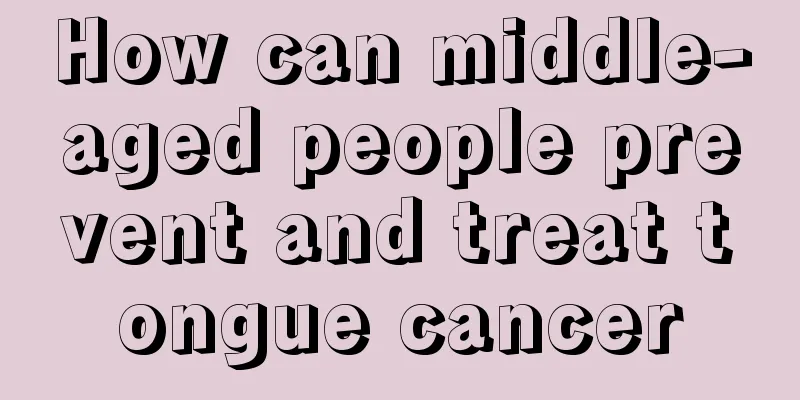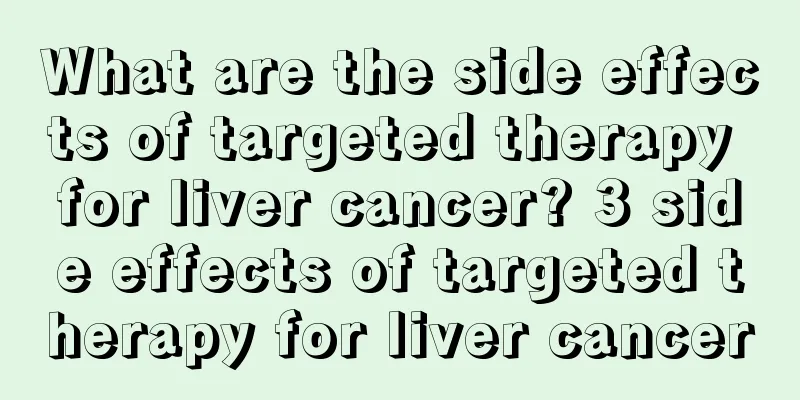Why do I need to take an anti-inflammatory drip when my trauma never heals?

|
Trauma is actually a situation that we often encounter in our lives. Because our skin is relatively fragile, if we are not careful, some injuries will occur. When we encounter trauma, in addition to some emergency treatments, our body cells can actually help repair the wound. But if the injury doesn’t heal, do I need to get some kind of anti-inflammatory injection? Let’s take a look at the problem of slow wound healing! Causes of non-healing wounds Bacterial load and wound infection are important causes of wound non-healing. Wound infection is the most serious interfering factor in the wound healing process, which mainly manifests itself in destroying the remaining epithelial tissue and delaying the healing time. When sepsis occurs, epithelial growth can stop. The so-called "sepsis" refers to the proliferation of different microorganisms that invade the wound and produce harmful toxic substances. In severe cases, it can cause systemic poisoning reactions and endanger life. Inflammatory response is the basis of wound healing, but excessive inflammatory response can lead to necrosis of local tissue cells, and necrotic tissue is a factor that hinders wound healing. If not controlled in time, it may also lead to systemic infection, which aggravates the difficulty of wound healing and may even be life-threatening. Chronic wounds such as diabetic foot ulcers and pressure sores are easy for bacterial colonies to settle and multiply, and sometimes fungi or other microorganisms may also settle on the wounds. This may be because the wounds are exposed to the outside for a long time and are easy to be contaminated. In addition, other factors such as poor blood supply and hypoxia are also conducive to bacterial settlement. There is evidence that no matter what type of infecting microorganisms, as long as the number of microorganisms in the tissue reaches or exceeds 10^5/g, wound healing can be impaired. The abnormalities caused by wound infection are mainly collagen metabolism disorders. After neutrophils in the infected area phagocytize bacteria, the released proteases and oxygen free radicals can damage tissues, causing collagen dissolution to exceed deposition, resulting in delayed wound healing. When infection occurs, bacteria and inflammatory cells increase the consumption of oxygen and other nutrients, fibroblast metabolism is impaired, and there is a lot of exudate after infection, which increases the local tension of the wound and causes the wound to dehiscence. Malnutrition or a lack of certain nutrients may cause wounds to not heal. Nutritional status The quality of nutritional status will directly or indirectly affect wound healing. For example, protein deficiency can slow down the formation of new blood vessels, fibroblast proliferation and collagen synthesis; at the same time, it can affect the phagocytic function of cells, reduce immunity, slow down tissue repair, and make wounds difficult to heal. Especially when sulfur-containing amino acids are deficient, it often leads to poor or slow tissue cell regeneration and obstructed granulation tissue formation. Vitamin C is necessary for neutrophils to produce peroxides to kill bacteria, and is also beneficial to the phagocytosis and migration of macrophages. It can promote the intercellular matrix, collagen fibers and mucopolysaccharides, and improve wound strength. The human body has less vitamin C stores, which can easily lead to deficiency, thereby reducing the body's ability to resist shock and infection, affecting the metabolism of sugar and protein, and can also cause increased capillary fragility and bleeding tendency. B vitamins promote metabolism, promote the cross-linking of collagen peptide chains, and enhance wound strength. Vitamin A enhances the inflammatory response through its action on the lysosomal membrane, promotes the aggregation of inflammatory cells such as mononuclear phagocytes and lymphocytes at the wound surface, and regulates collagenase activity, thereby contributing to collagen synthesis, epithelial regeneration and angiogenesis. The trace element zinc is an essential trace element for the human body, especially as a coenzyme component of DNA polymerase and RNA polymerase, and is closely related to cell division and protein synthesis. When zinc is deficient, the number of fibroblasts proliferating after trauma decreases, collagen synthesis decreases, and protein metabolism is poor. In addition, other trace elements such as copper, iron, manganese, iodine and other trace elements are also involved in the body's protein synthesis process. Certain systemic diseases can cause wounds to not heal. The Langerhans cells responsible for immune response in the epidermis of diabetic patients are impaired, making wounds more likely to form; other phagocytes are dysfunctional, causing patients to suffer from infectious diseases or increase the rate of wound infection; at the same time, diabetic patients are also prone to complications of periarthritis and vascular diseases, which lead to blood supply disorders; the high blood sugar in diabetic patients impairs the function of macrophages and weakens the inflammatory response of the wound, which directly leads to reduced fibroblast growth and collagen synthesis. Therefore, diabetics are prone to wounds, which are difficult to heal. The wounds of uremia patients are not easy to heal, and the main mechanism may be systemic malnutrition, low blood volume of the wound and insufficient oxygen supply to the wound. Hyperlipidemia reduces the collagen synthesis function of fibroblasts in wounds. The reasons may be: ① The lipid droplets in the cytoplasm of fibroblasts occupy a certain space and cannot be directly used, affecting the normal function of the endoplasmic reticulum; ② Macrophages engulf lipids and transform into foam cells, which secrete reduced function of fibroblast growth factor, indirectly affecting collagen synthesis. Other factors that affect wound healing include anemia, malignant tumors, rheumatoid arthritis, autoimmune diseases, liver failure, and renal insufficiency. Anemia is caused by a decrease in the blood's oxygen-carrying capacity, which leads to hypoxia of surrounding tissues and affects wound healing. The reasons why malignant tumor wounds are difficult to heal include: rapid growth of tumor tissue, susceptibility of necrotic tissue to infection, disruption of nutritional balance (negative nitrogen balance), and the effects of treatment drugs (chemotherapy and radiotherapy). Applying antibiotics directly to a wound may result in non-healing of the wound. In order to fight infection, the use of antibiotics in wounds is common in clinical practice. In fact, local application of antibiotics can easily produce drug-resistant strains, and the concentration of antibiotics is highest on the surface of the wound and gradually decreases deep in the wound, which cannot achieve the antibacterial effect and is more likely to produce drug resistance. Another serious problem with topical application of antibiotics is that they can cause contact allergic reactions, especially when they are used extensively and for a long time on chronic wounds. The use of some antibiotics will damage wound cell proliferation and epithelial formation, and kill macrophages that are beneficial to healing (which are equivalent to the role of commander-in-chief in the wound healing process). Therefore, local application of antibiotics is generally not recommended, especially injectable antibiotics, which should be prohibited from local application. |
<<: Does glucose plus saline have an anti-inflammatory effect?
>>: What is the medicine for anti-inflammatory injection
Recommend
What are the causes of pancreatic cancer
Pancreatic cancer is a malignant tumor that occur...
What to eat to cool down when the weather is too hot
There are many common vegetables and fruits in ou...
What should be paid attention to in the treatment of advanced lung cancer? Precautions for the treatment of advanced lung cancer
For patients in the late stages of lung cancer, w...
Revealing four ways to get rid of snoring
When you and your significant other are resting, ...
Does a blood mole necessarily mean liver cancer? How to check for liver cancer and avoid worsening?
Liver cancer is a highly dangerous cancer. This d...
What are the symptoms of gallbladder crystals
We all know that the gallbladder is a particularl...
Parts that can be cooled physically with ice packs
Physical cooling methods are generally used when ...
Numbness and tingling in the palms and chest tightness when waking up early
When you wake up in the morning, if you feel numb...
Can latex pillows be washed?
Compared with other pillows, latex pillows actual...
What are the precautions for using disposable medical masks
Please note that there are many things to pay att...
Dietary considerations for patients with liver cancer
The liver is an important organ in the human body...
What happens if you drink floral water
When summer comes, mosquitoes will appear. After ...
Early symptoms of liver cancer B-ultrasound
There are no obvious symptoms in the early stage ...
What are the treatments for peak skin whitening
Skin vitiligo is a complex skin disease caused by...
What are the dangers of crossing your legs
Many people like to cross their legs, but this pr...









